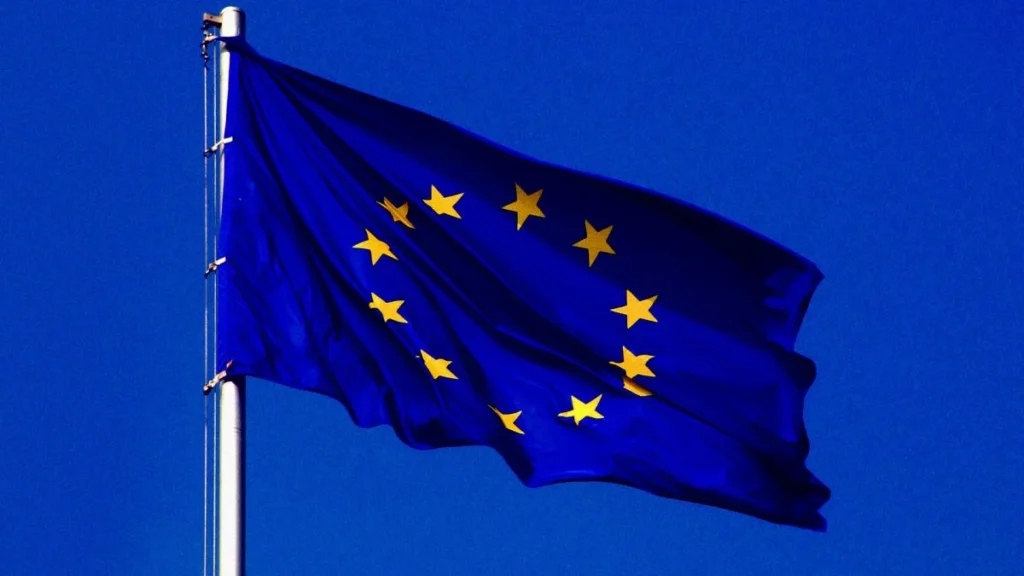EU Blockchain Infrastructure Plan Is Implemented As The Parliament Adopts Digital Policy
The Digital Decade policy initiative, which would support a “pan-European blockchain-based infrastructure” and assist businesses and public services in digitizing their operations, was approved by the European Parliament.

On Thursday, the vote in the plenary meeting was approved 529 to 22 with 25 abstentions.
The policy file includes aspirations for the European Union to meet its 2030 digitization targets. It includes extensive, so-called “multi-country projects” to accomplish the goals, including issues like developing a shared data infrastructure, enhancing high-performance computing, establishing 5G internet corridors, and investing in blockchain and web3 technologies.
All EU member states, together with Norway, Liechtenstein, and Ukraine as an observer, are a part of the transnational European Blockchain Service Infrastructure project. A representative for the EU Commission wrote to The Block in an email that the EBSI “is already subject to a partnership between the European Commission and the European Blockchain Partnership.”
Digital Decade file’s approval could lead to greater support for the EBSI

The European Blockchain Partnership and the ESBI were set up by the European Commission in 2018, with an overlapping objective of developing and delivering blockchain-based public services across the EU.
“The EBSI aims to support cross border public services leveraging the technology in an eco-friendly way,” an EU Commission spokesperson added. “It uses blockchain in a permissioned way with an EU governance provided by the EBP.”
Multi-country projects will be able to pool funds from the EU’s current funding sources, such as the Recovery and Resilience Facility’s $753 billion ($724 billion) pool of loans and grants. Projects will also be open to support or investment from EU member states and private organizations.
DISCLAIMER: The Information on this website is provided as general market commentary and does not constitute investment advice. We encourage you to do your own research before investing.
Join us to keep track of news: https://linktr.ee/coincu
Website: coincu.com
Annie
CoinCu






















